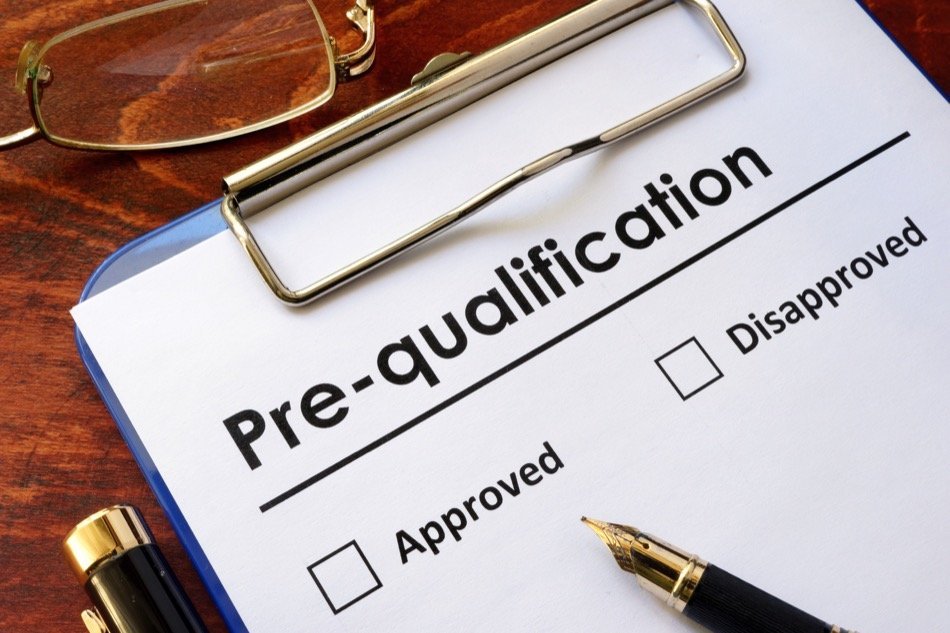Selling Your Home? Red Flags to Watch For
Posted by Gary Ashton on Monday, February 11th, 2019 at 9:16am.
 For a homeowner selling their property, it can be difficult to tell the difference between a good buyer and a not-so good buyer. Knowing what to look for can help a homeowner identify a buyer who is not ready to make a home purchase. If you're a homeowner just starting to sell your home, here's what you need to know.
For a homeowner selling their property, it can be difficult to tell the difference between a good buyer and a not-so good buyer. Knowing what to look for can help a homeowner identify a buyer who is not ready to make a home purchase. If you're a homeowner just starting to sell your home, here's what you need to know.
For informational purposes only. Always consult with a licensed real estate professional before proceeding with any real estate transaction.
Pre-Qualified
The difference between being pre-qualified and pre-approved may not sound significant, but it is. Pre-qualification is the first step of the mortgage application process. Getting pre-qualified takes about 15 minutes, and it's not always a very accurate gauge of whether or not a person will be approved to get a loan.
Pre-approval is very different. It is the second step of the mortgage application process. To be pre-approved, the person applying for the mortgage must supply the lender with a variety of financial documents that demonstrate financial stability.
Pre-approval is a much better guage of whether or not a buyer will be approved for a loan, because it's a very intense and thorough examination of a buyer's financial background. Homeowners seeking buyers who are likely to be approved for a mortgage are often much better off accepting an offer from someone who is pre-approved.
Small Earnest Money Payment
The earnest money payment is a deposit that a homeowner puts down upon making an offer. The earnest money is held in an escrow account until escrow closes, at which time the earnest money is rolled over into the down payment.
When a buyer pulls out unexpectedly and without reason from a home purchase contract, the buyer forfeits their earnest money payment. The larger the earnest money payment, the more committed the buyer may be to purchasing the home. A buyer who offers a small earnest money payment may be uncommitted to the home purchase.
Too Many Contingencies
The contingencies are the buyer's opportunity to cancel a home purchase without losing the earnest money payment. A typical home offer will have three contingencies.
- The financing contingency allows the buyer to cancel the purchase if their loan does not fund.
- The appraisal contingency allows the buyer to cancel if the home does not appraise for an amount equal to or above the amount of the purchase price.
- The inspection contingency allows the buyer to cancel if the home inspection reveals serious problems and the seller will not renegotiate the contract.
Buyers who write a lot of other contingencies into their Gallatin home purchase offer may be uncommitted to the purchase process. This could also be an indication that a buyer will be very difficult to work with, which could also be a reason not to accept a buyer's offer.
Work With a Real Estate Professional
Working with a real estate professional can help a homeowner to pick a buyer. A good real estate agent is like a sounding board, giving information and providing feedback when it's needed. Even homeowners who have never sold a home in the past can manage the task with the help of a good real estate professional. If you're a homeowner who would like to sell your home, contact a real estate professional today.
For informational purposes only. Always consult with a licensed real estate professional before proceeding with any real estate transaction.

Gary Ashton
The Ashton Real Estate Group of RE/MAX Advantage
The #1 RE/MAX team in the World!
